
Tort Costs Rising Faster Than Inflation and GDP, Study Finds
A new study from the Institute for Legal Reform reveals that U.S. tort costs have risen at an annual rate of 7.1% from 2016 to 2022, exceeding both inflation and GDP growth.
February 6
Insurance Industry
Legislation & Regulation
Liability
Litigation
Alaska
California
Delaware
Florida
Louisiana

Federal Appeals Court Questions Google’s Monopoly Defense in Epic Games Case
A federal appeals court panel expressed skepticism over Google’s argument that competition with Apple justifies overturning a jury’s ruling that declared its Android app policies an illegal monopoly.
February 5
Legislation & Regulation
Litigation
Risk Management
Technology
California
District Of Columbia
Virginia
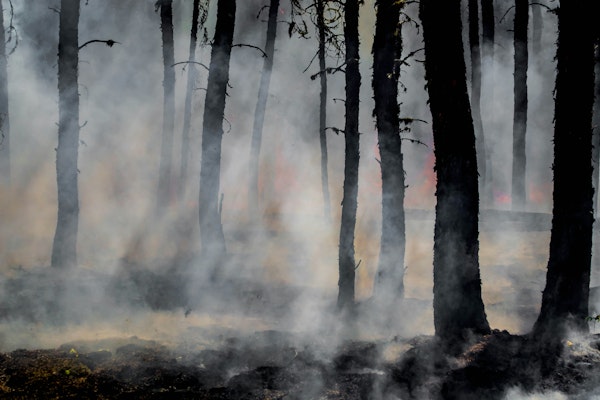
Economic Fallout from Los Angeles Wildfires Could Reach $164 Billion, UCLA Forecasts
The devastating January 2025 Los Angeles wildfires could result in $95 billion to $164 billion in total losses, including $75 billion in insured claims, along with GDP declines, job losses, and rising insurance costs.
February 5
Catastrophe
Legislation & Regulation
Property
Risk Management
California

Bringing European Road Safety Strategies to the U.S.
European road safety initiatives, including Vision Zero, are influencing U.S. transportation policies. Experts highlight innovation, enforcement, and education as key factors.
February 5
Auto
Legislation & Regulation
Risk Management
Technology
California
New York
Oregon

Rising Insurance Costs Challenge Multifamily Housing Industry
Severe storms, rising construction costs, and increased litigation are driving insurance rates higher for apartment owners, forcing them to adjust coverage, reduce claims, and rethink investment strategies.
January 31
Insurance Industry
Legislation & Regulation
Property
Risk Management
California
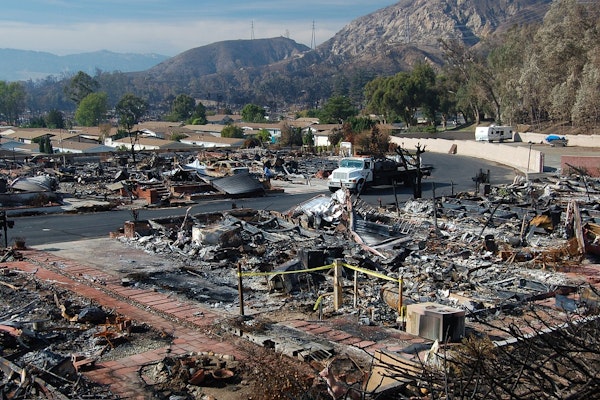
Billions Paid in LA County Wildfire Claims as Recovery Continues
Insurance companies have paid $4.2 billion to policyholders affected by the Eaton and Palisades fires in Los Angeles County. Over 31,000 claims have been filed, with more payments expected as recovery progresses.
January 31
Catastrophe
Insurance Industry
Risk Management
California

Amazon Hit with Class Action Lawsuit Over Alleged Covert Tracking of California Residents’ Locations
Amazon is facing a class action lawsuit in California, accusing the tech giant of secretly tracking and selling users’ sensitive location data through its advertising software.
January 30
Legislation & Regulation
Litigation
Technology
California
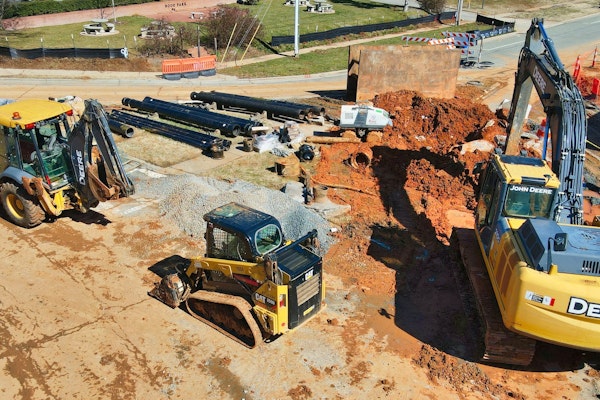
Court Ruling May Expand Liability for Construction Professionals
A recent California court ruling could expand liability for construction professionals by allowing homeowners to sue for negligence, even without a direct contract. This decision highlights the increasing legal exposure for engineers and contractors in residential projects.
January 30
Liability
Litigation
Risk Management
California
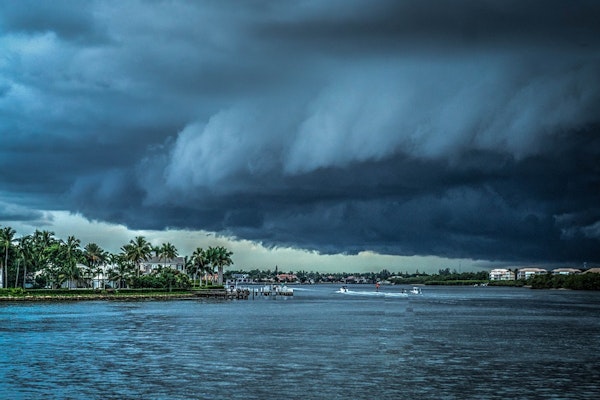
Florida’s House Bill Proposes Bold Changes to Windstorm Insurance
Florida’s HB13 aims to expand Citizens Property Insurance to provide windstorm coverage for all homeowners, addressing gaps in the private market and enhancing hurricane resilience.
January 27
Catastrophe
Legislation & Regulation
Property
Risk Management
California
Florida
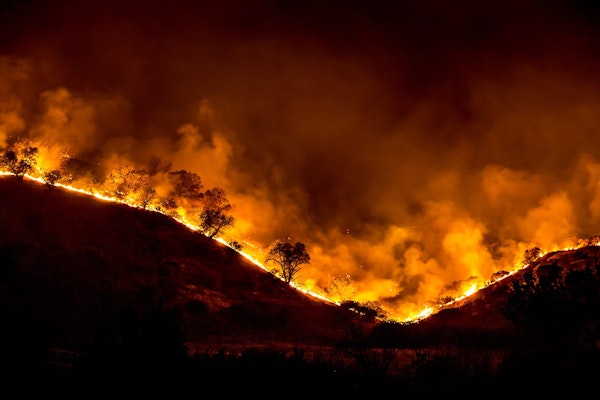
How Wildfires in California Highlight Gaps in Public Understanding of Property Insurance
The fallout from California’s wildfires reveals a widespread lack of understanding about risk assessment, policy renewals, and the structure of insurance companies among the general public.
January 24
Catastrophe
Legislation & Regulation
Property
Risk Management
California
Florida

LinkedIn Faces Lawsuit Over Alleged Customer Data Use for AI Training
LinkedIn is facing a class action lawsuit accusing the platform of using private customer data, including messages, to train AI models without explicit consent, violating privacy laws.
January 24
Insurance Industry
Litigation
Technology
California
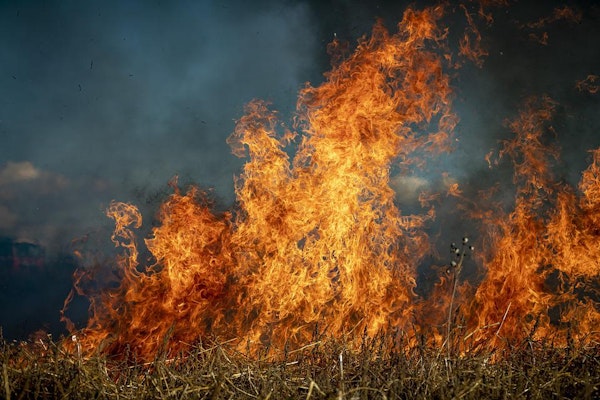
California Insurance Commissioner Urges Advance Payments for Wildfire Survivors
California Insurance Commissioner Ricardo Lara is urging insurers to follow state laws requiring advance payments to wildfire survivors, aiming to accelerate recovery efforts in Los Angeles.
January 24
Catastrophe
Legislation & Regulation
Property
Risk Management
California
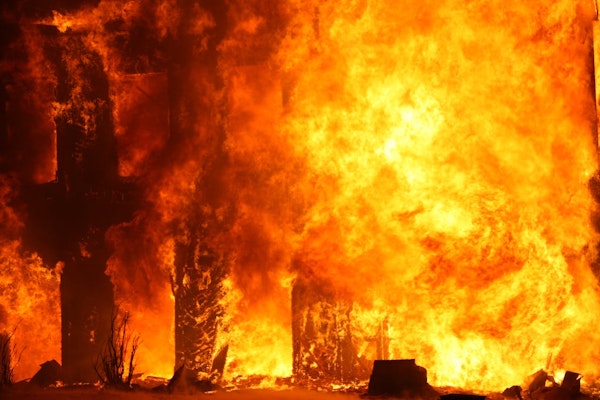
California Wildfires Drive Record Insurance Losses and Policy Changes
Moody’s projects $30 billion in insured property losses from Los Angeles County wildfires, highlighting the challenges of insuring high-risk areas and the strain on California’s FAIR plan.
January 24
Catastrophe
Legislation & Regulation
Property
Risk Management
California

California School Board Trustee Indicted for Insurance Fraud and Misuse of Public Funds
A California school board trustee has been indicted for allegedly misusing public funds and filing a false insurance claim. A jury trial is set for March.
January 23
Fraud
Insurance Industry
Legislation & Regulation
Litigation
California
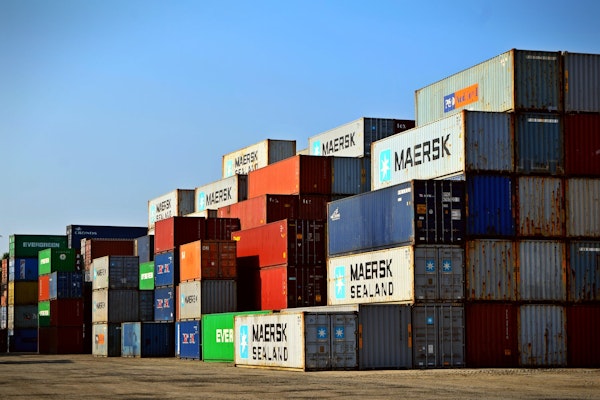
Cargo Theft Hits Unprecedented Highs in 2024, with $202K Average Loss Per Incident
Cargo theft incidents surged 27% in 2024, reaching 3,625 reported cases in the U.S. and Canada. California and Texas were hit hardest, with criminals shifting to high-value targets like electronics and copper.
January 23
Fraud
Property
Risk Management
Technology
California
Georgia
New York
Texas





